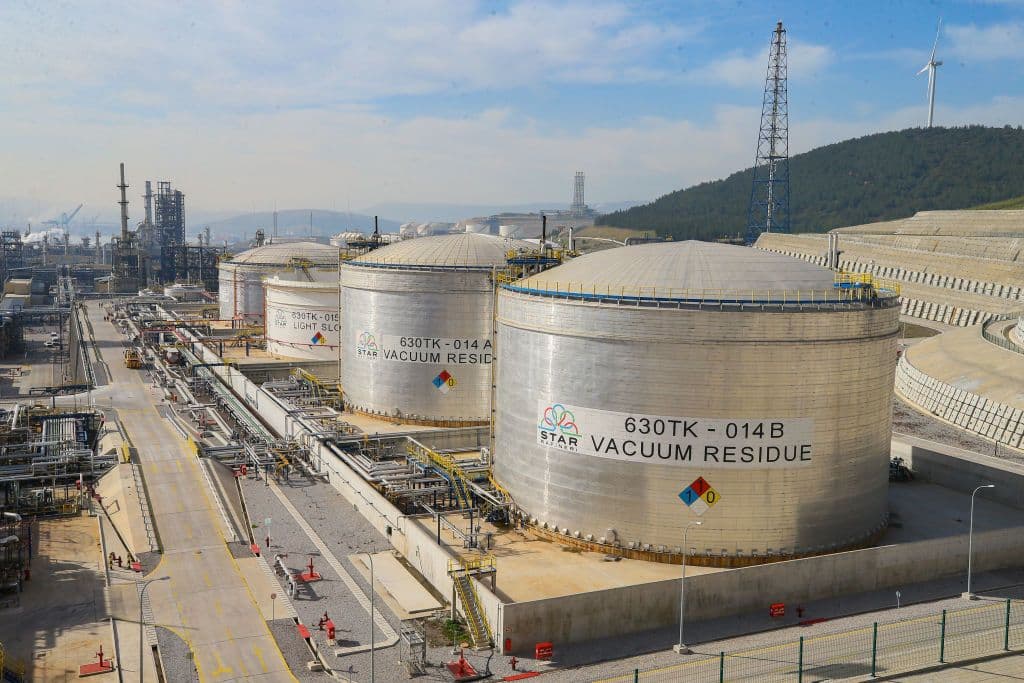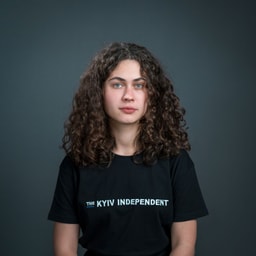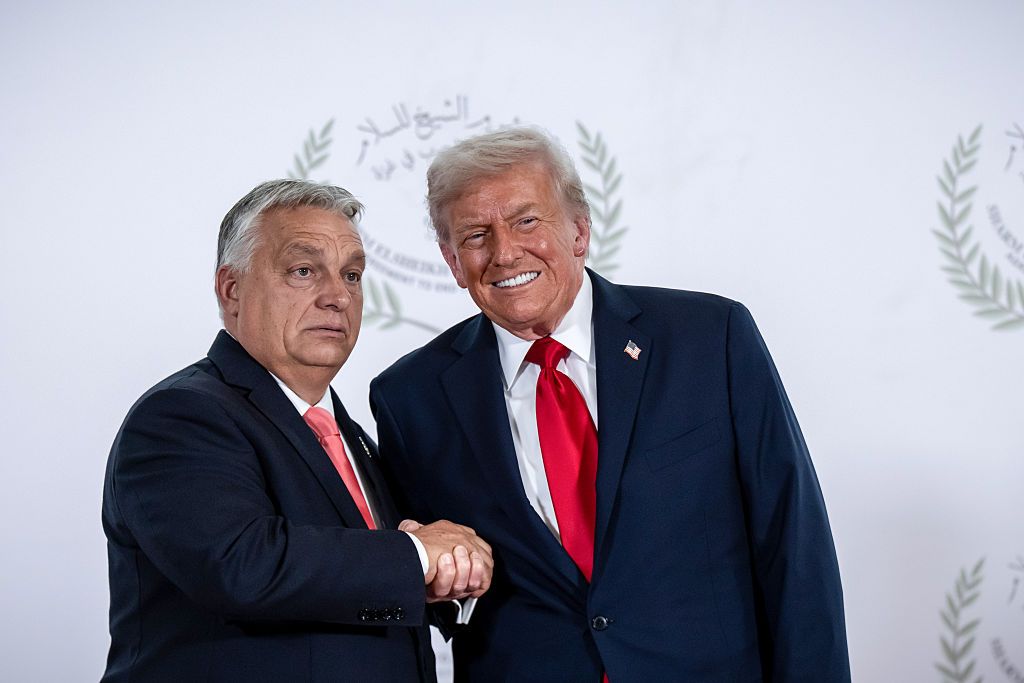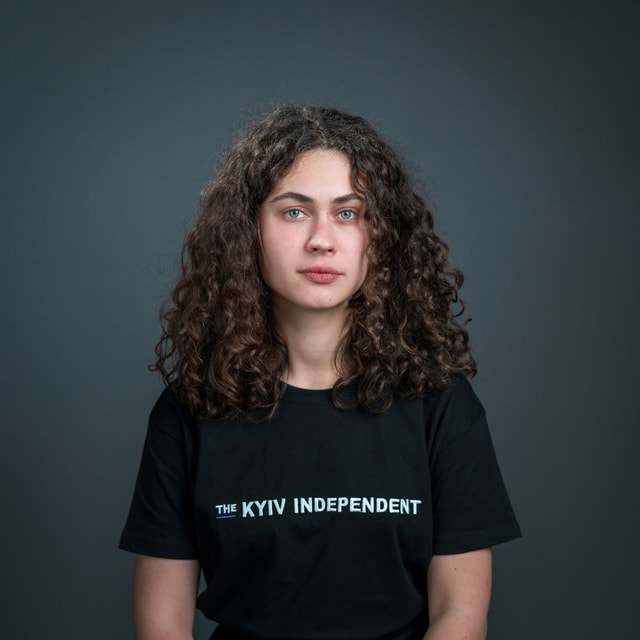Turkey cuts Russian oil imports amid Western sanctions, Reuters reports

Turkey's largest oil refineries are scaling back purchases of Russian oil and turning to alternative suppliers, as the latest Western sanctions tighten restrictions on Moscow's exports used to fund its war against Ukraine, Reuters reported on Nov. 2.
New U.S. restrictions announced on Oct. 22 target Russia's two largest oil firms, Rosneft and Lukoil, along with their subsidiaries. The measures pave the way for secondary sanctions against foreign institutions that handle transactions with those on the blacklist.
According to Reuters' industry sources, the shift marks a notable change for Turkey — one of the main buyers of Russian oil, alongside India and China.
The SOCAR Turkey Aegean Refinery (STAR), owned by Azerbaijan’s state oil company, has recently secured four shipments of crude from Iraq, Kazakhstan, and other non-Russian producers for December delivery, Reuters reported.
These purchases amount to between 77,000 and 129,000 barrels per day, significantly reducing the refinery's intake of Russian oil.
Another major Turkish refiner, Tupras, is also increasing purchases of non-Russian oil, including Iraqi grades of similar quality to Urals.
Two sources told Reuters that the company plans to phase out Russian crude imports at one of its two major refineries, allowing it to continue exporting fuel to Europe without breaching upcoming restrictions.
Tupras has already begun diversifying its crude sources, receiving its first-ever shipment from Brazil earlier this year and expecting a second from Angola in November.
Rosneft and Lukoil are pillars of Russia's economy. Together, they account for nearly half of the country's crude oil exports, around 3.1 million barrels per day, according to Russian estimates.
State-controlled Rosneft, led by Igor Sechin, a close ally of Russian President Vladimir Putin, produces about 40% of Russia's oil. Lukoil, the country's largest private energy company, accounts for roughly 15% of the national output and 2% of the global production.
The new sanctions extend far beyond the parent companies, covering six Lukoil subsidiaries and 28 Rosneft enterprises. Among them is Lukoil-Western Siberia, which alone accounts for around 40% of the group's hydrocarbon production.











